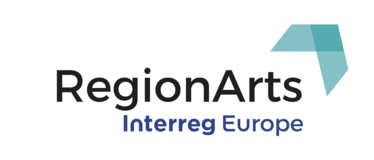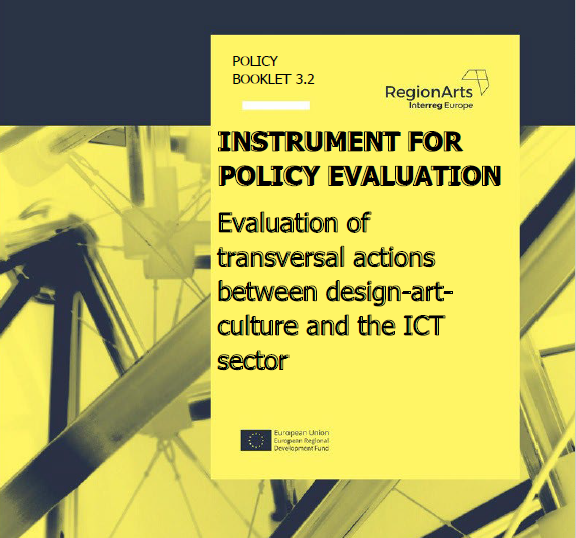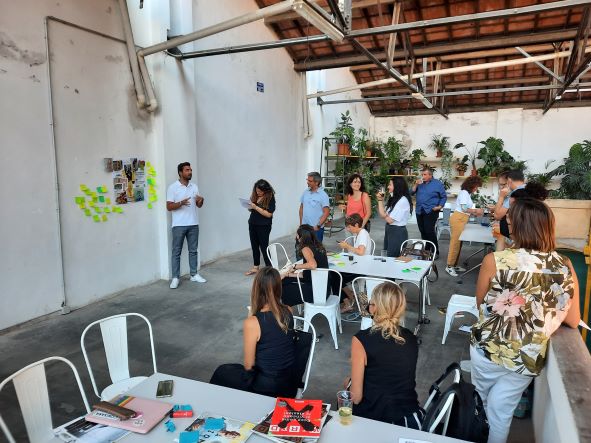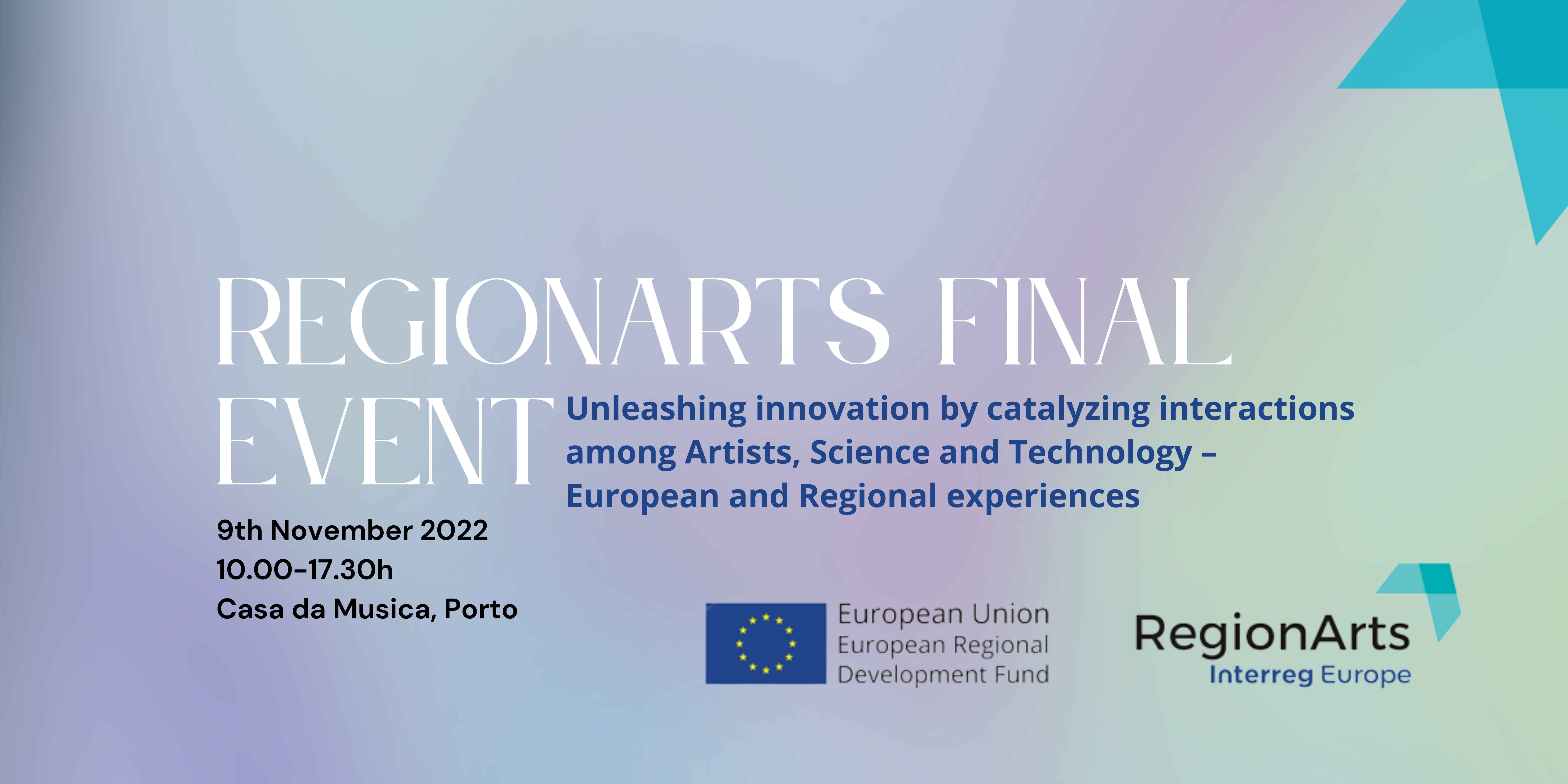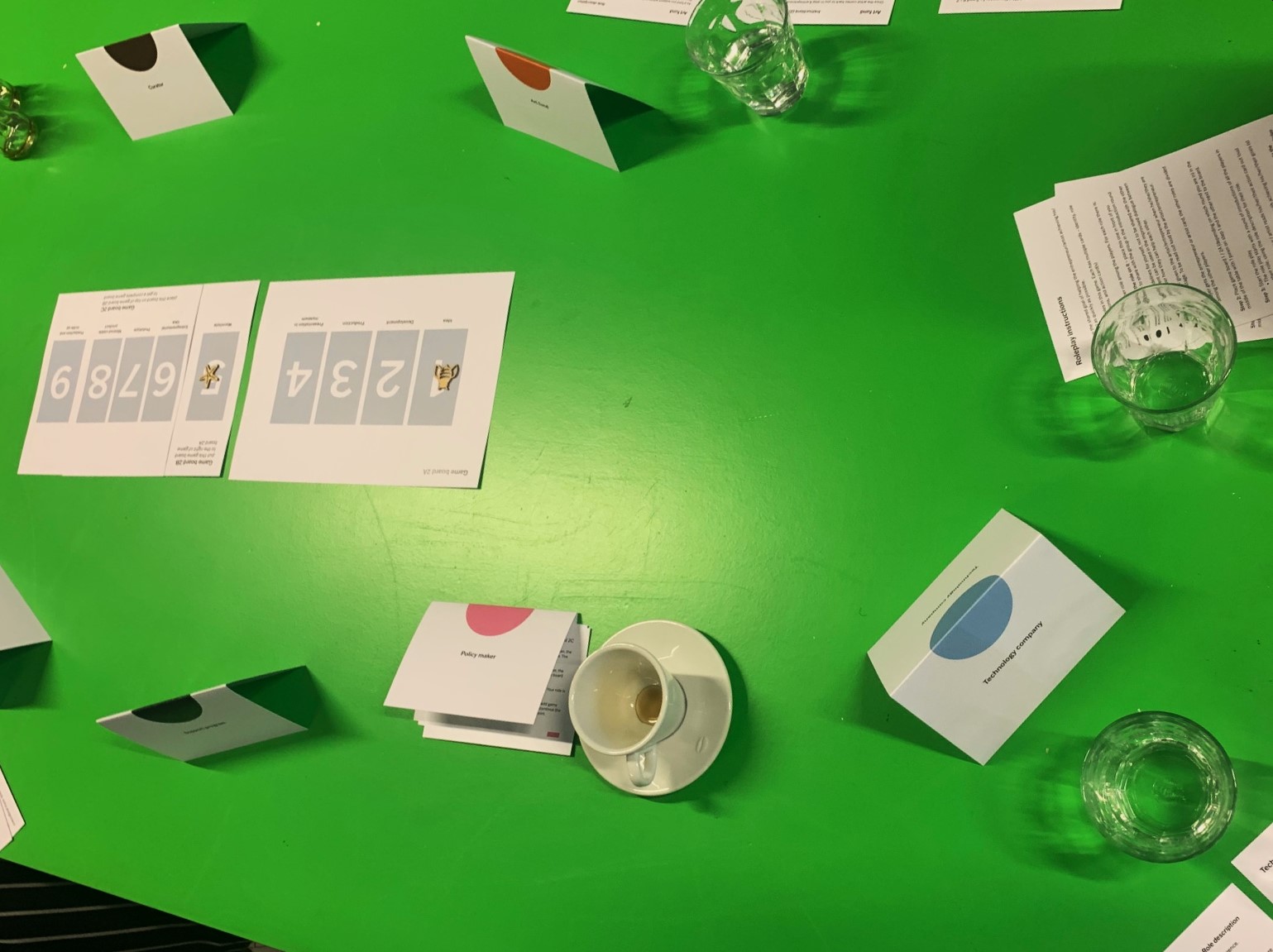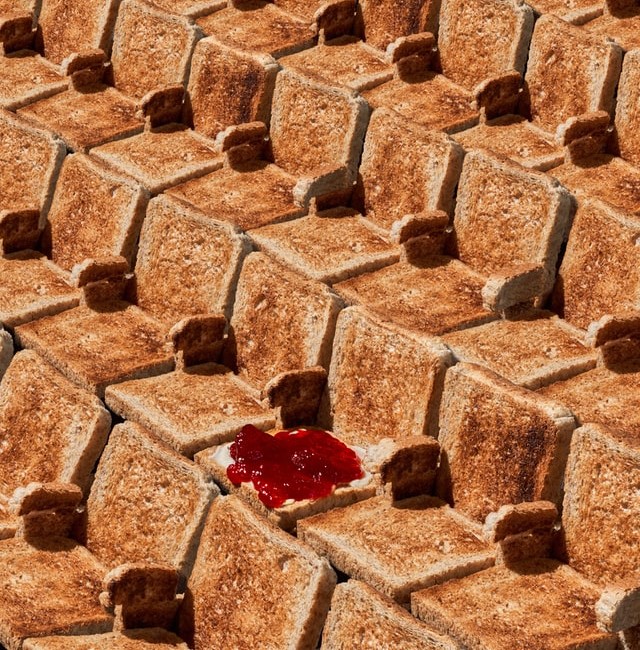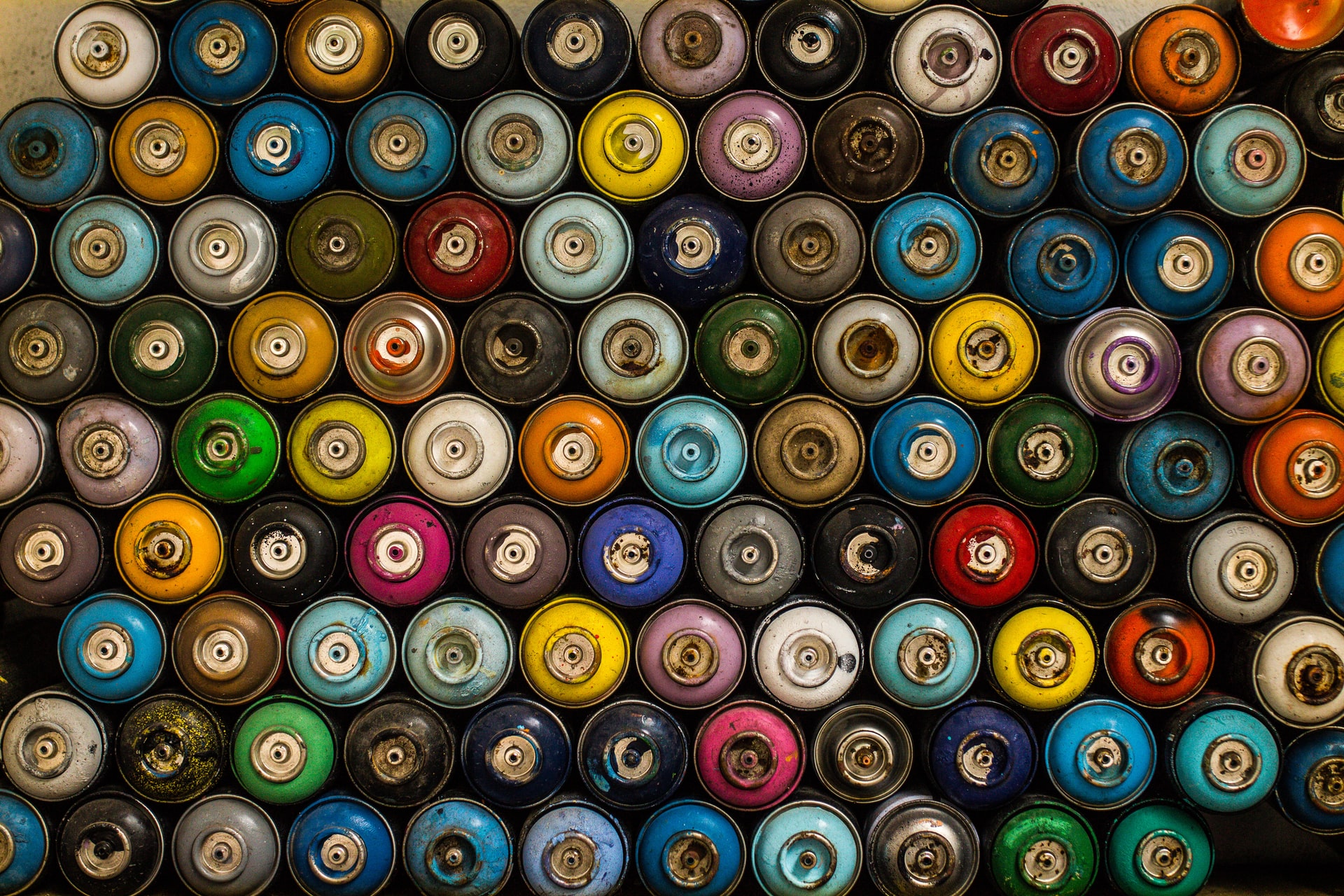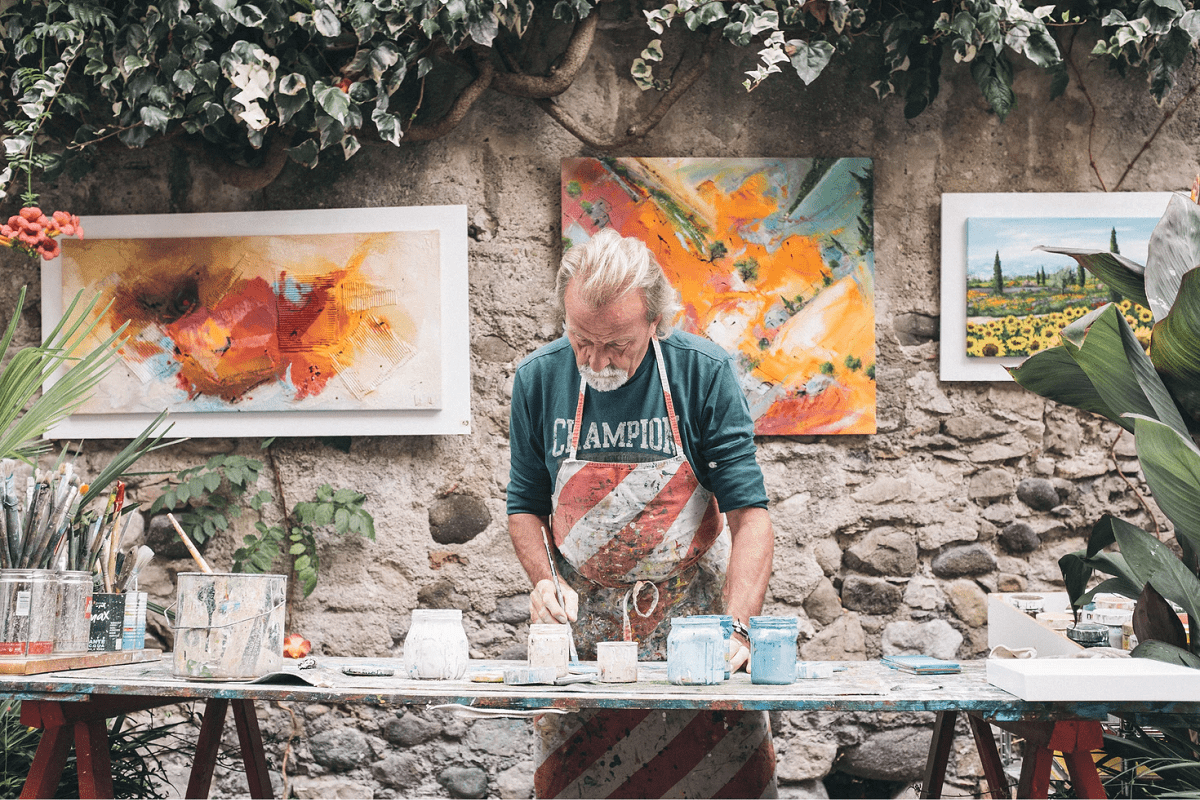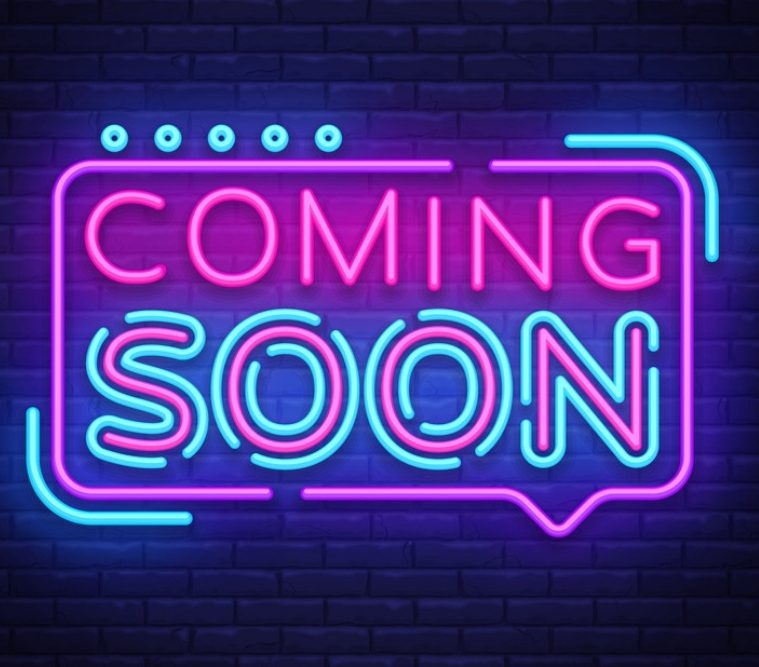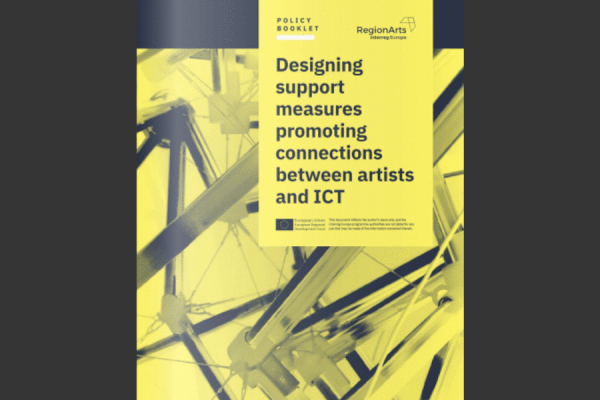In semester 6 of RegionArts, Baltan continued the work on the action plan for the Eindhoven region, focusing on supporting artistic and concept-driven projects in their development towards implementation. With inspiration from Good Practices from the RegionArts consortium, Baltan is developing a validation tool for artistic and concept-driven projects.
This final semester of Phase 1 of the RegionArts project was focused on finalizing the Action Plan. Our conclusion at the end of the phase - the outcome of systematic interactions with our local stakeholders - is that the Eindhoven region needs a shared framework regarding arts and ICT projects. This will enable the stakeholders in the region to make a good estimate of the phase in which ideas and project are, what is needed to move forward and offer the right support, which projects are almost ready to enter the market, and which projects can be characteristic of strengthening and propagating Eindhoven’s TDK (Technology, Design, Knowledge) profile.
The primary part of the proposed framework is a validation tool for artistic and concept-driven technology in the fields of art, design, technology, and societal issues. This tool foremost intends to initiate a constructive (learning) dialogue about the (further) development of a project between different stakeholders, such as artist/maker(s), intermediaries/financers, and policymakers. From their conversation, a joint picture emerges of the level on which the project is currently located and the possibilities to further mature it towards one or more final goals. This joint image provides validation for the projects and clarity on the possibilities for generating future impact.
Our policy actions aim for the implementation of this validation tool into the TDK-policy of Eindhoven. We defined three actions. The first introduces the tool into the field, with the aim of validating the tool and reaching acceptance of the tool. The second implements a new mapping of the value chain (and its gaps) in synchrony with the validation tool. In the third action, we help the city to integrate the validation tool into their new Design Vision.
We are aiming at a bottom-up acceptance of the tool, instead of dropping a tool top-down in the field. The mapping will thereby help to effectively steer the policy instruments towards the observed gaps in the support chain.
Local Stakeholder Group: discussing the Validation Tool and Action Plan
On April 1st Baltan organized a Local Stakeholders Group. Representatives from Eindhoven 365, Next Nature Network, Eindhoven Design District, Venturespring, Baltan, Lusinus, and Values of Culture & Creativity joined the meeting. Baltan updated the stakeholders on the Action Plan that is developed and discussed the Validation tool with them. Furthermore, the group got an update about the plans and development of the Eindhoven Design District.
Exchange of Experience 07
The semester started with the online Exchange of Experience organized by ENTER (Koprivnica, Croatia). During the meeting project partners presented their action plan to each other and gave each other feedback. It was beneficial to get more insight into the progress of our fellow partners and discuss difficulties, possibilities for collaboration, and points of attention for our own Action Plan.
Next steps
We are approaching Phase II of the RegionArts project, which will focus more on the monitoring of the implementation of the Action Plan. We look forward to seeing the results and further test, valorize and implement the validation tool.
About RegionArts
The Interreg Europe program RegionArts aims to promote collaboration between art and ICT and how policy can contribute to this. Each partner will deliver policy advice with recommendations to enhance art and ICT collaborations in its own region. The consortium consists of partners from Italy, Croatia, Finland, Portugal, Belgium, Greece, and the Netherlands. Within RegionArts, Baltan Laboratories focusses on the Noord-Brabant/Eindhoven region.
